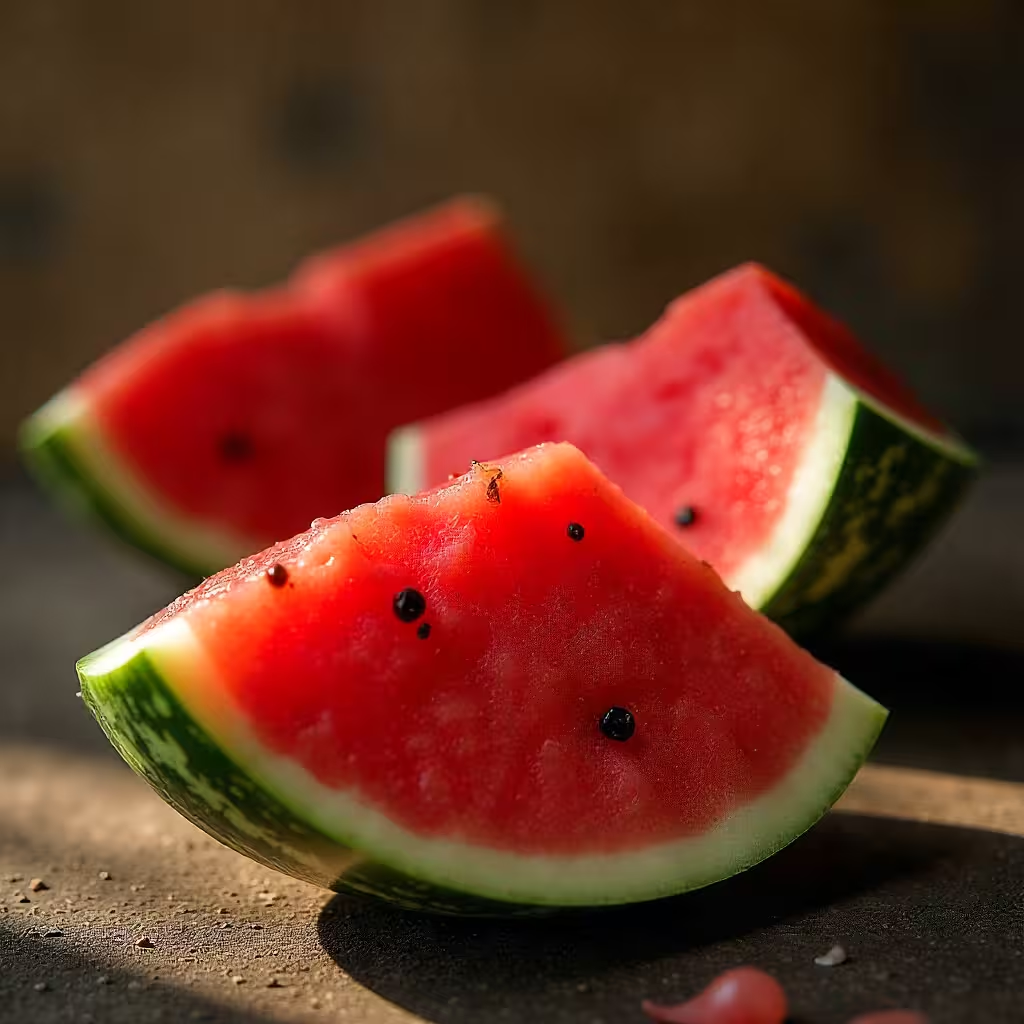Carrots: Eye Health for Screen-Intensive Lifestyles
In today’s digital age, many people spend hours every day in front of computer screens, whether coding, writing reports, or gaming. This prolonged screen time can strain the eyes, cause dryness, blurred vision, and even headaches. Carrots, rich in beta-carotene, vitamin A, and antioxidants, are one of the best natural foods to protect and support eye health. Beta-carotene is converted into vitamin A in the body, which is essential for maintaining the retina and overall vision. Incorporating carrots into your daily diet can help reduce eye fatigue, enhance focus, and provide a nutritional shield for people exposed to long hours of screen light.
Featured Content

Carrots help combat digital eye strain by supporting the health of retinal cells and improving night vision and light adjustment. The antioxidants in carrots reduce oxidative stress caused by prolonged exposure to blue light emitted by screens. For coders, writers, and professionals who stare at screens for extended periods, a diet rich in carrots can protect against dry eyes, blurred vision, and early signs of age-related degeneration, allowing the eyes to recover more effectively after long sessions of screen work.
Additional Insights

Eating raw carrots is one of the easiest ways to get a concentrated dose of beta-carotene. For screen-intensive workers, keeping sliced carrots, carrot sticks, or grated carrots on hand for quick snacks is highly effective. Raw carrots retain the highest level of vitamin A and enzymes, making them ideal for immediate nutritional support. Adding a small side of raw carrots to lunch or snacking on carrot sticks during coding sessions provides continuous nourishment to the eyes throughout the day.
In-depth Analysis

Cooking carrots enhances the bioavailability of beta-carotene, making it easier for the body to convert it into vitamin A. Steamed, roasted, or lightly sautéed carrots can be included in meals like stir-fries, vegetable stews, or soups. For example, a midday vegetable stir-fry with carrots, spinach, and bell peppers not only protects the eyes but also provides fiber, vitamins, and antioxidants for overall health. Combining raw and cooked carrots ensures a balanced intake of nutrients for optimal eye protection, especially for those exposed to long screen hours.
Key Highlights

Whenever possible, using organic carrots reduces exposure to pesticides and provides higher nutrient density. Organic carrots can be eaten raw in salads, smoothies, or juiced, or added to cooked dishes like soups and casseroles. For instance, blending organic carrots with ginger, lemon, and a bit of honey makes a refreshing juice that supports eye health. Incorporating carrots both raw and cooked ensures that the body receives the full spectrum of nutrients in a balanced and natural way, maximizing benefits for eyes stressed by prolonged computer use.
Final Thoughts

Carrots are a natural, practical, and versatile solution for protecting the eyes of people who spend extended hours on screens. By combining raw snacks, cooked meals, and organic options, individuals can provide their eyes with beta-carotene, antioxidants, and vitamin A to reduce digital eye strain, improve focus, and prevent long-term damage. Whether snacking on raw carrot sticks, adding them to lunch stir-fries, or blending them into juices, incorporating carrots into a daily routine is a simple and effective strategy for maintaining healthy, resilient eyes in a screen-driven world.















